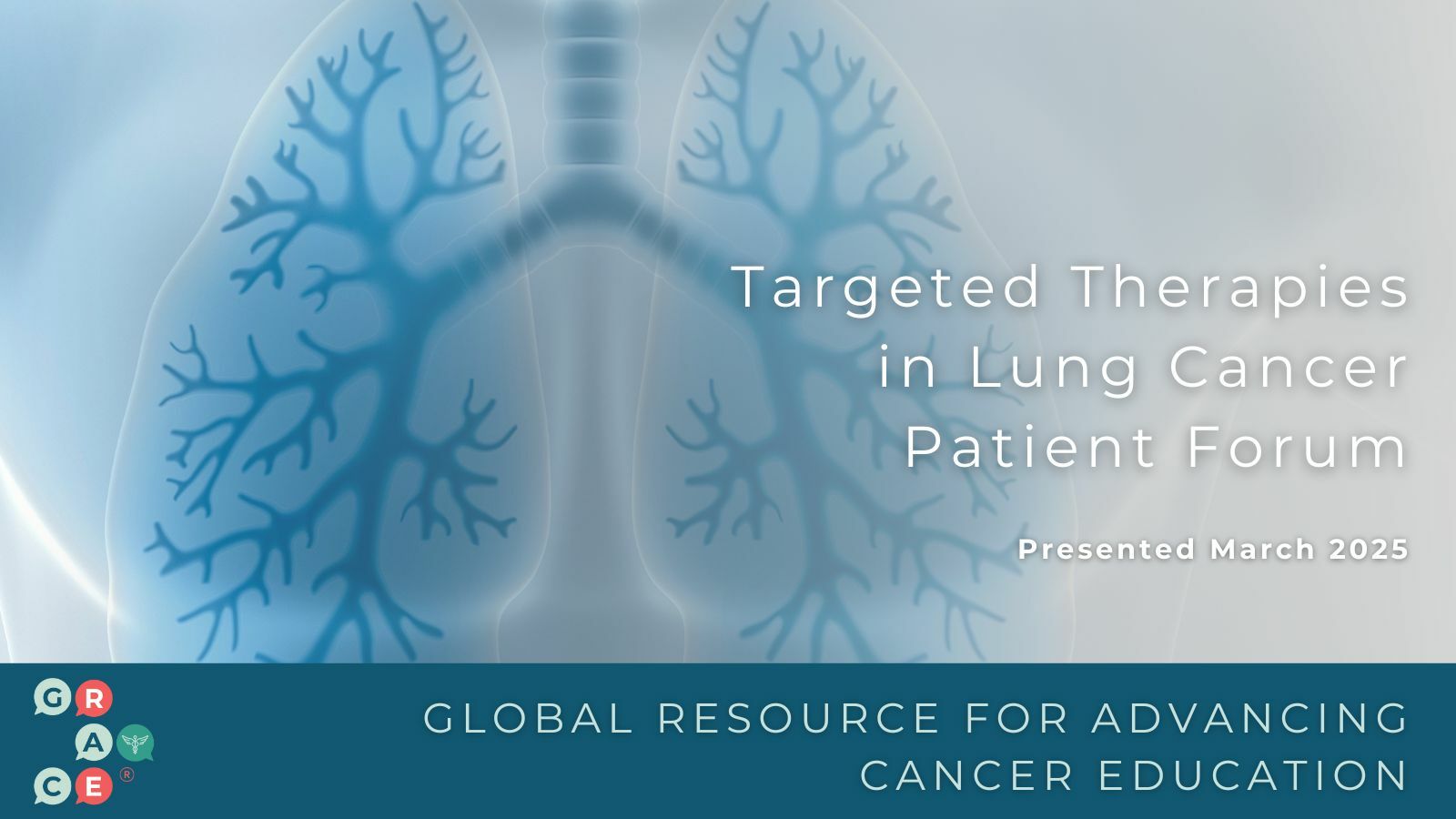Article and Video CATEGORIES
Please Note: New Treatments Have Emerged Since this Original Post
With the recent approval of afatinib, now becoming commercially available as Gilotrif, there is the potential new strategy for patients with an EGFR mutation who develop acquired resistance to a different EGFR tyrosine kinase inhibitor (TKI) in an earlier line of therapy. Afatinib was approved as a first line treatment for patients with an EGFR mutation, a setting in which I don't think it represents an especially appealing option, but does it perhaps represent an answer to the common question of how we should best treat patients who develop acquired resistance to another EGFR TKI?
I'd say that as a single agent, the answer is going to me no, except in a small minority of patients. This question was directly studied in the LUX Lung-1 trial of afatinib vs. placebo in patients who had gone at least 12 weeks with stable disease or a response to Iressa (gefitinib) or Tarceva (erlotinib) previously, and it wasn't a resounding success for afatinib. While afatinib was associated with a significant improvement in progression-free survival (PFS) of 3.3 vs. 1.1 months, afatinib conferred absolutely no improvement in overall survival (OS), and in fact median OS was more than a month longer in the recipients of placebo. The better OS in the placebo arm was not a statistically significant difference, but it's not what you hope to see for a new targeted therapy. Moreover, as discussed in my recent prior post about the potential role of afatinib, its side effect profile can be very challenging, typically worse than Iressa or Tarceva.
Afatinib has been available in an expanded access protocol for several months, and this has given me occasion to give it to several of my own EGFR mutation-positive patients with acquired resistance to Tarceva and those referred from other centers in the region as a potential therapy in this setting. In short, it has never been effective in any of the handful of patients I've treated, and all have experienced more toxicity than they had on Tarceva. That's just a small sample, but it corroborates the larger experience with single agent afatinib. I know that there are rare patients who benefit, including at least one in the GRACE community, but I think it's fair to say that this is not a realistic expectation.
The combination of afatinib and cetuximab (Erbitux) has looked promising in a small study of 40 evaluable patients, and there are plans for it to be studied in a larger setting. In the meantime, however, we know that skin side effects for this combination can be quite severe, and Erbitux isn't FDA approved for lung cancer, making it potentially challenging to have it covered by an insurer. For these reasons of having it relatively unlikely to be covered without a potential/probably expense of thousands of dollars per month for patients and a real concern that it won't be a tolerable combination in a broad population, I don't think it becomes a viable treatment option off protocol without more research, even if it shows promise now.
That's one opinion, and we'll need to see how afatinib is actually integrated into practice once it becomes widely available. We also don't yet know how it will be priced, which will certainly be a factor in its uptake.
Stay tuned as this story evolves.
Please feel free to offer comments and raise questions in our
discussion forums.




